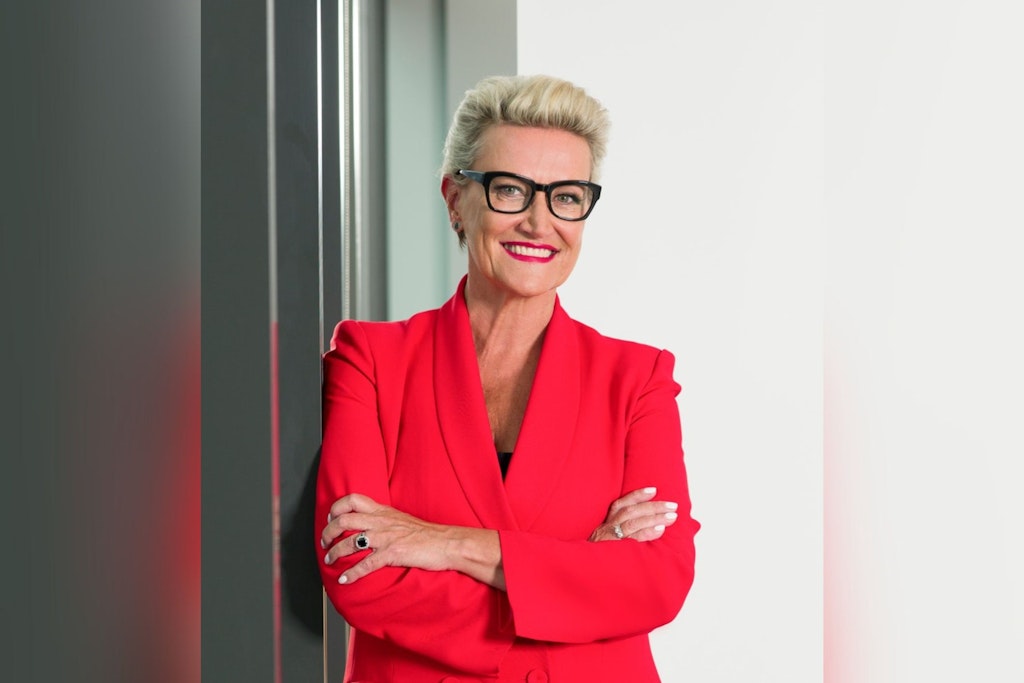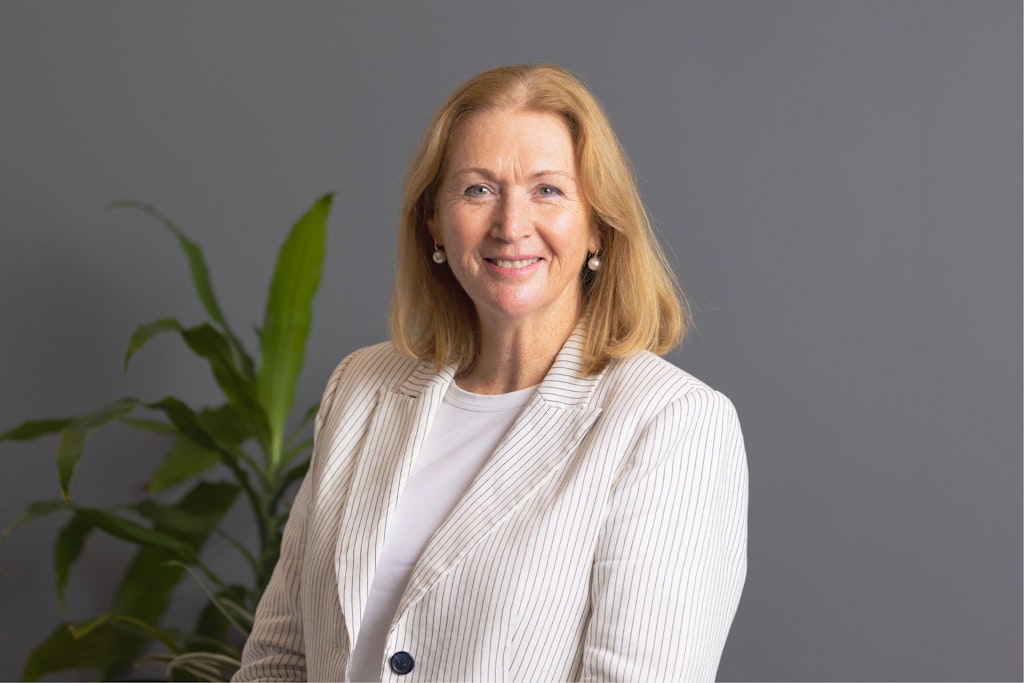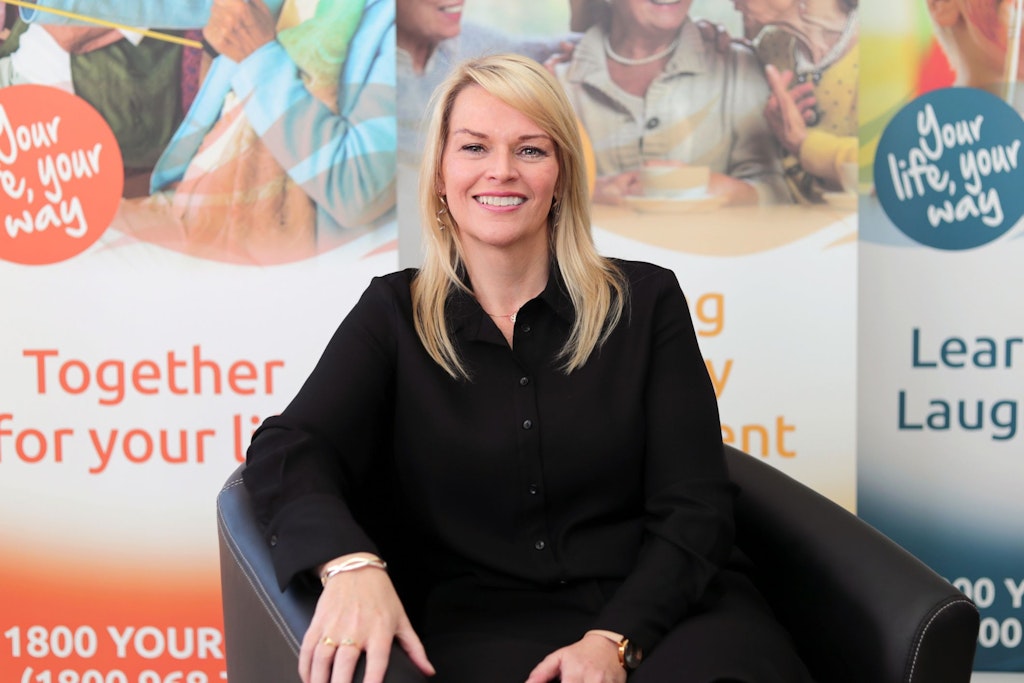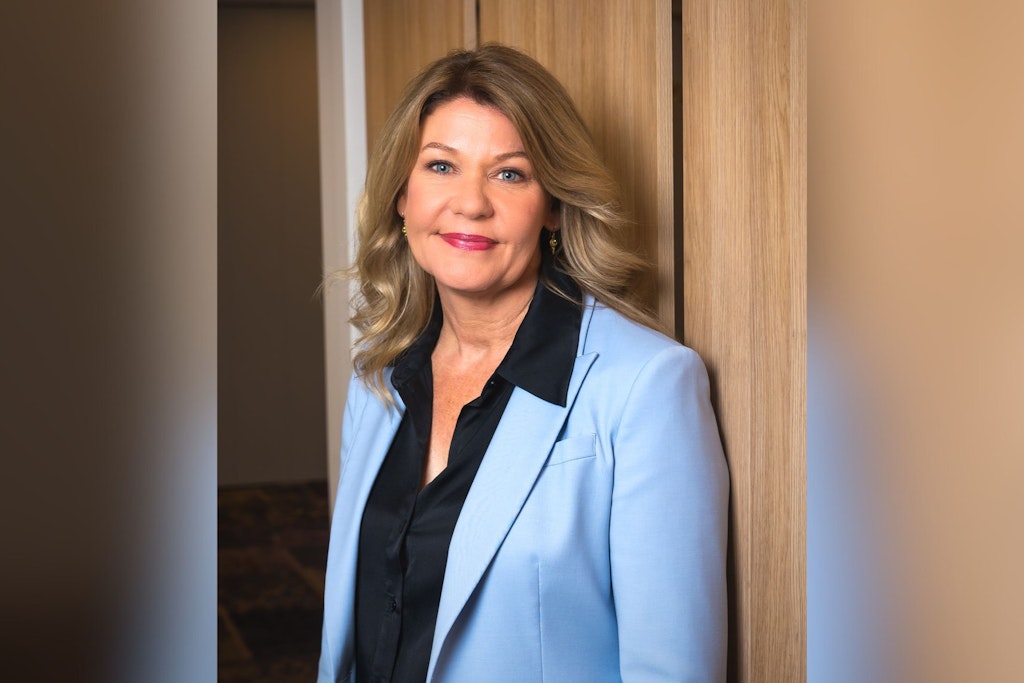Count them in: Aged care leaders share their wisdom on International Women’s Day
Last updated on 13 March 2024

March 8 is International Women’s Day, and this year the theme is Count Her In: Invest in Women. Accelerate Progress. If you ask any female leader, investment and empowerment have been essential to their career progression, and so too for the development of the next generation.
That’s why hello leaders contacted some of the industry’s most passionate female leaders to share their thoughts on International Women’s Day and what the future should include for women in aged care.
Key points
- Australia’s aged care sector (under the wider healthcare umbrella) is the most highly feminised workforce in the nation with women accounting for roughly four out of every five employees; education is the only other sector with similar statistics
- Globally, 28% of C-suite executive positions are held by women, while the Australian aged care sector has a greater representation at 51%
- Despite that, many women still face gender bias and stigma within the workplace when seeking career progression, particularly women from diverse backgrounds
Question: The theme for International Women’s Day is Count Her In: Invest in Women. Accelerate Progress. What does this mean to you, and from your position as a leader, how important is it to empower and support women?
Answer: Yvonne Timson – Community Vision CEO
It is critical for me to empower and support other women, both inside my organisation as CEO of Community Vision and outside in my everyday life. We know this disparity continues, so I endeavour to provide as much support to other women as possible whether it is helpful insights on how to deal with certain situations, building confidence or engaging in full mentorships, every bit helps to overcome the significant obstacles for women and girls to achieve equal participation in the economy and community.
As women, we are very good at accepting the status quo and being satisfied with the things that we do achieve. This is why it is so important to show support for other women and boost them up, recognise their achievements and acknowledge the amazing work that is being done. I love the quote, “Don’t tell me the sky’s the limit when there are footprints on the moon.”
Within our organisation the giving of my time, my trust and my vulnerability to other women is pivotal. It is my responsibility to provide opportunities and a safe space to get things wrong and to learn. Most importantly, I allow the up-and-coming, smart amazing women working around me to also teach me, so we can grow together. That is empowering.
A: Imelda Lynch – Chair of ACH Group

Empowering and supporting other women is absolutely essential for women, the workforce and the prosperity of our whole community. When I started nursing, there was a very hierarchical structure. For instance, trainee nurses never sat with Registered Nurses in the lunch room. I look back now and think how detrimental that was to people and their careers, not to mention the culture.
Being able to learn from other women and respecting diversity – and diversity of thought – is so important. Having open and honest conversations with other women, asking for and receiving constructive feedback and delivering it in an encouraging and supportive way, can really change the trajectory of a person’s life. Trust is at the heart of this.
A: Dale Fisher AM – Silverchain Chief Executive
It’s my role and responsibility to support other women, to mentor them, and to learn from them. A leader enjoys followship when they are authentic in their mission and passion. Words can be impactful but actions are far more meaningful to bring about change. My determination in this area has been crystallised through my work in women’s health.
On the most part, the Australian health system has been designed to support Caucasian men. There continues to be further emerging evidence that research into disease is primarily conducted on men, and largely Caucasian men, which means that treatments and protocols ignore the physical and social differences between men and women. A clear example of this disparity is heart attack symptoms.
The World Economic Forum has long demonstrated the economic value of investing in women and girls to improve communities. If I can use my leadership skills, knowledge and experience to support women and communities, then that’s not only a worthy career ambition – it’s a good life.
Let’s stop marking the day with cupcakes – these approaches are gratuitous and tokenistic and require no investment in supporting the change that needs to occur. Let’s instead show our commitment to equity through tangible action. We need to support programs that liberate all women across the world to ensure they have the opportunity to contribute equally, which will ultimately make the world a better and safer place.
The single piece of advice I give younger women is to believe in yourself and trust your instincts.
International Women’s Day is an important date on VMCH’s calendar. Women make up almost 80% of our workforce and volunteer base, as well as the majority of people we support in the community.
I think it’s important as a female leader to help be a catalyst for change. At VMCH we have a great representation of female leaders who are natural advocates for women within our workplace.
Offering flexible working conditions and opportunities for career progression are just some of the ways we try to minimise those barriers to success.
As part of VMCH’s Int. Women’s Day celebrations this year we wanted to recognise those across VMCH who champion women’s inclusion through our inaugural Inspire Inclusion Awards. We had 22 staff nominate colleagues they believe go the extra mile to lift women across our organisation, which was lovely to see.
Q: Is there anything you would like to see change for women in the workforce, such as having more career opportunities and achieving pay equity?
A: Yvonne Timson – Community Vision CEO

Pay equity should be a minimum in the same roles, however with a warning that meritocracy is not the answer. Not all women have the same resources or support so there are times when we must be more flexible or put more into ensuring access, equality and inclusion. Being fair is different from everyone receiving the same treatment.
I believe we need to be more open to flexibility in our workplaces, where the roles allow for it. We also need to be more mindful of reading the expectations of women being the main carers and the stigma associated with when men take on these roles. Over the last few years, there have been some great examples where this has happened, but it is often in larger companies that have the resources to support and reinforce these policies.
Regarding more senior and board roles, I am not a fan of quotas, however, I accept that sometimes we must impose metrics such as these to shift the dial, otherwise it may not happen. A good example of this is how the Australian Labor Party adopted a mandatory pre-selection quota for women in all winnable seats. This has led to 48% women in the House and 69% women in the Senate. We need to see more of this across all organisations and sectors.
A: Imelda Lynch – Chair of ACH Group
I believe it’s important to respond to equity indicators that show disparities in the workforce, such as gender and diversity. There also needs to be targets for achieving equity in the workplace. Equities in the workforce have not happened naturally, so it’s important for all businesses to use targets to improve equality.
The gender equity lens should be applied to all decisions and it’s particularly important for workplaces to understand unconscious bias, which is still a dominant and sinister undercurrent in our social and economic environment.
Opening everyone’s eyes to this can have a stunning impact on how we operate in the workplace and can have a positive influence on changing individual behaviours.
Celebrating women’s achievements in research should be amplified in Australia as there are still huge inequities in leadership in scientific labs in this country. I think more programs and infrastructure could be introduced to stop some of the brain drain.
A: Dale Fisher AM – Silverchain Chief Executive
From very early on in my career, I’ve been committed to the concept of continuous learning and studying, to enable me to actively expand my knowledge in the health industry and how best to serve the Australian community. I’ve invested in my learning and development as self-belief is essential for the learning mindset.
Over the years I have also been well supported by my employers to pursue career advancement through higher education and professional development programs. Employers have also supported me in finding the right work-life balance at different stages of my career and in my family life.
A: Sonya Smart – VMCH CEO

I hope that women have the opportunity, like I had, to have a really good female mentor. I think when we support each other as females, we get a better future for all women in the workforce. I also hope that the balance between being able to have a career and a family gets easier for women as time goes on.
Q: What impact has investment and support from other women had on yourself, both personally and professionally?
A: Yvonne Timson – Community Vision CEO
I have been very lucky in my career to have had some amazing strong women to help support and guide me. And the journey hasn’t always been linear. They have been wildly different in helping to shape who I am, be comfortable with who I am and learn to leverage my strengths. Through this process, it has also helped me to realise that finding great, amazing women who are much smarter than me is a win for us both. And don’t forget the lesson that you don’t always get it right, and that’s ok too.
A: Imelda Lynch – Chair of ACH Group
There have been two significant people who have really encouraged and invested in me to keep growing in my career – Elizabeth Carr AM and Fraser Bell, founder of Bellberry, a company of which I was CEO for a decade.
Elizabeth and Fraser both gave me professional opportunities but it went beyond that. They have been informal mentors to me. They asked me the hard questions and pushed me out of my comfort zone but gave honest feedback to help me learn and grow. Their investment in me was genuine and much of what I have done across my career has been possible because of that.
Being connected to people, and organisations, which are committed to supporting women has also been very important to me. The Glenelg Golf Club, of which I am now Captain, was the first golf club in South Australia to invite women to be full members. Before that, women were only allowed to be affiliates.
A: Imelda Lynch – Chair of ACH Group
I think we are getting there – but we still have a way to go. This is especially important for those in the care sector workforce, which mostly comprises women across a range of roles. I believe the provision of more affordable childcare is critical to supporting women from all backgrounds to be able to join – and stay in – the workforce and pursue their career goals. Not being able to access affordable and flexible childcare is a real barrier for many women and we need to keep working to change that.